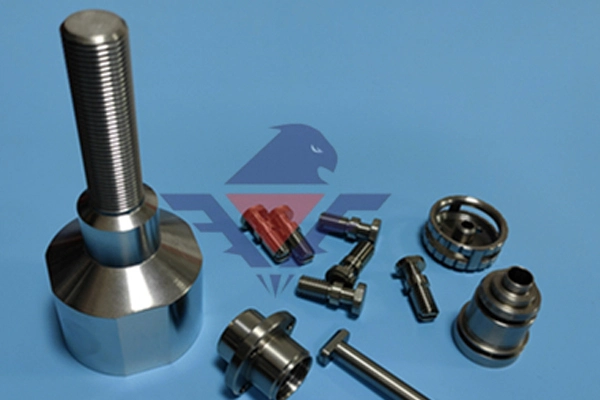
# Precision Swiss Machining for Complex Components
## The Art of Swiss Machining
Swiss machining, also known as Swiss screw machining or Swiss turning, is a specialized manufacturing process that has revolutionized the production of small, complex, and high-precision components. This advanced technique originated in Switzerland’s watchmaking industry and has since become indispensable across various sectors requiring extreme precision.
## Why Choose Swiss Machining?
The Swiss machining process offers several distinct advantages for manufacturing complex components:
– Exceptional precision with tolerances as tight as ±0.0001 inches
– Ability to machine small, delicate parts that would be difficult with conventional methods
– Simultaneous multiple operations reduce production time
– Excellent surface finishes without secondary operations
– Minimal material waste due to precise cutting
## Applications Across Industries
Swiss machining serves numerous industries that demand high-precision components:
### Medical Devices
Keyword: Swiss Machining
From surgical instruments to implantable components, Swiss machining produces the tiny, complex parts essential for modern medical technology.
### Aerospace
Critical aerospace components require the precision and reliability that only Swiss machining can provide consistently.
### Electronics
The electronics industry relies on Swiss machining for connectors, contacts, and other miniature components.
### Automotive
Fuel injection systems, sensors, and other automotive applications benefit from Swiss machining’s precision.
## The Swiss Machining Process
The Swiss machining process differs from conventional turning in several key aspects:
– The workpiece is supported very close to the cutting tool by a guide bushing
– The material feeds through the guide bushing as machining occurs
– Multiple tools can operate on the workpiece simultaneously
– The system minimizes vibration and deflection for superior accuracy
## Materials Suitable for Swiss Machining
Swiss machining handles a wide variety of materials with precision:
– Metals: Stainless steel, titanium, aluminum, brass, copper
– Plastics: Delrin, PEEK, PTFE, nylon
– Exotic alloys: Inconel, Hastelloy, Kovar
## Choosing the Right Swiss Machining Partner
When selecting a Swiss machining provider, consider these factors:
– Experience with your specific industry requirements
– Quality certifications and inspection capabilities
– Range of materials and finishing options
– Capacity for both prototyping and production runs
– Technical expertise in programming complex parts
## The Future of Swiss Machining
As components continue to shrink while performance demands increase, Swiss machining will remain at the forefront of precision manufacturing. Advancements in CNC technology, cutting tools, and automation are making Swiss machining even more capable and efficient for producing tomorrow’s complex components.